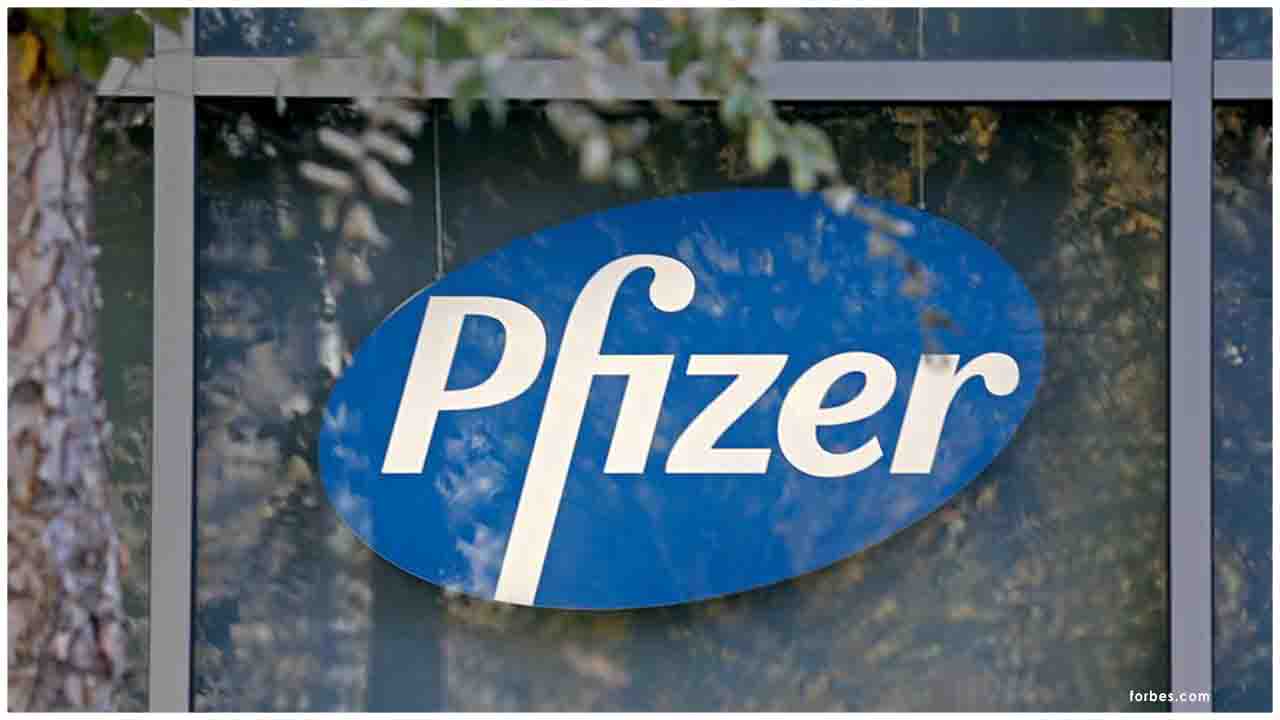Pfizer Inc. announced that the U.S. Food and Drug Administration (FDA) has accepted for Priority Review the supplemental New Drug Application (sNDA) for LORBRENA (lorlatinib) as a first-line treatment for people with anaplastic lymphoma kinase (ALK)-positive metastatic non-small cell lung cancer (NSCLC). The sNDA is based on data from the pivotal CROWN study and is being reviewed by the FDA under its Real-Time Oncology Review (RTOR) pilot program. The Prescription Drug User Fee Act (PDUFA) goal date for a decision by the FDA is in April 2021.
LORBRENA is a third-generation ALK inhibitor specifically developed to inhibit the most common tumour mutations that drive resistance to current medications and to address brain metastases. Up to 40% of people with ALK-positive lung cancer present with brain metastases.
“The decision by the FDA to evaluate our application for LORBRENA under its innovative review pathways, which aim to speed up the availability of potentially life-changing medicines, underscores the significance of the CROWN data and potential impact of LORBRENA as an initial therapy for people with ALK-positive advanced non-small cell lung cancer,” said Chris Boshoff, M.D., PhD, Chief Development Officer, Oncology, Pfizer Global Product Development. “We look forward to working with the FDA to bring this treatment option to patients as quickly as possible.”
The RTOR program is intended to create a more efficient review process to bring safe and effective treatments to people as early as possible. The program allows the FDA to review clinical trial data from certain applications before the complete application is formally submitted. Review under the program does not guarantee or influence the approvability of the application.
The FDA also will conduct the review under Project ORBIS, an initiative introduced in 2019, which provides a framework for potential concurrent submissions and collaborative review with health authorities in Canada, Singapore, Switzerland, Australia, Brazil and the United Kingdom. Under Project ORBIS, collaboration among international regulators may allow patients with cancer to receive earlier access to products in other countries.
The submission is supported by positive results from the Phase 3 CROWN trial, which met the primary endpoint of improved progression-free survival (PFS) versus XALKORI® (crizotinib) in people with previously untreated advanced ALK-positive NSCLC. Detailed results were published in the New England Journal of Medicine and previously presented at the European Society for Medical Oncology (ESMO) Virtual Congress 2020.
In 2018, the FDA approved LORBRENA for the treatment of patients with ALK-positive metastatic NSCLC whose disease has progressed on crizotinib and at least one other ALK inhibitor for metastatic disease; or whose disease has progressed on alectinib or ceritinib as the first ALK inhibitor therapy for metastatic disease. This indication was approved under accelerated approval based on tumour response rate and duration of response. Data from the CROWN study will also support the conversion to full approval for the use of LORBRENA for this indication.

 LORBRENA is a third-generation ALK inhibitor specifically developed to inhibit the most common tumour mutations that drive resistance to current medications and to address brain metastases
LORBRENA is a third-generation ALK inhibitor specifically developed to inhibit the most common tumour mutations that drive resistance to current medications and to address brain metastases










.jpeg)




.jpeg)

.jpg)













